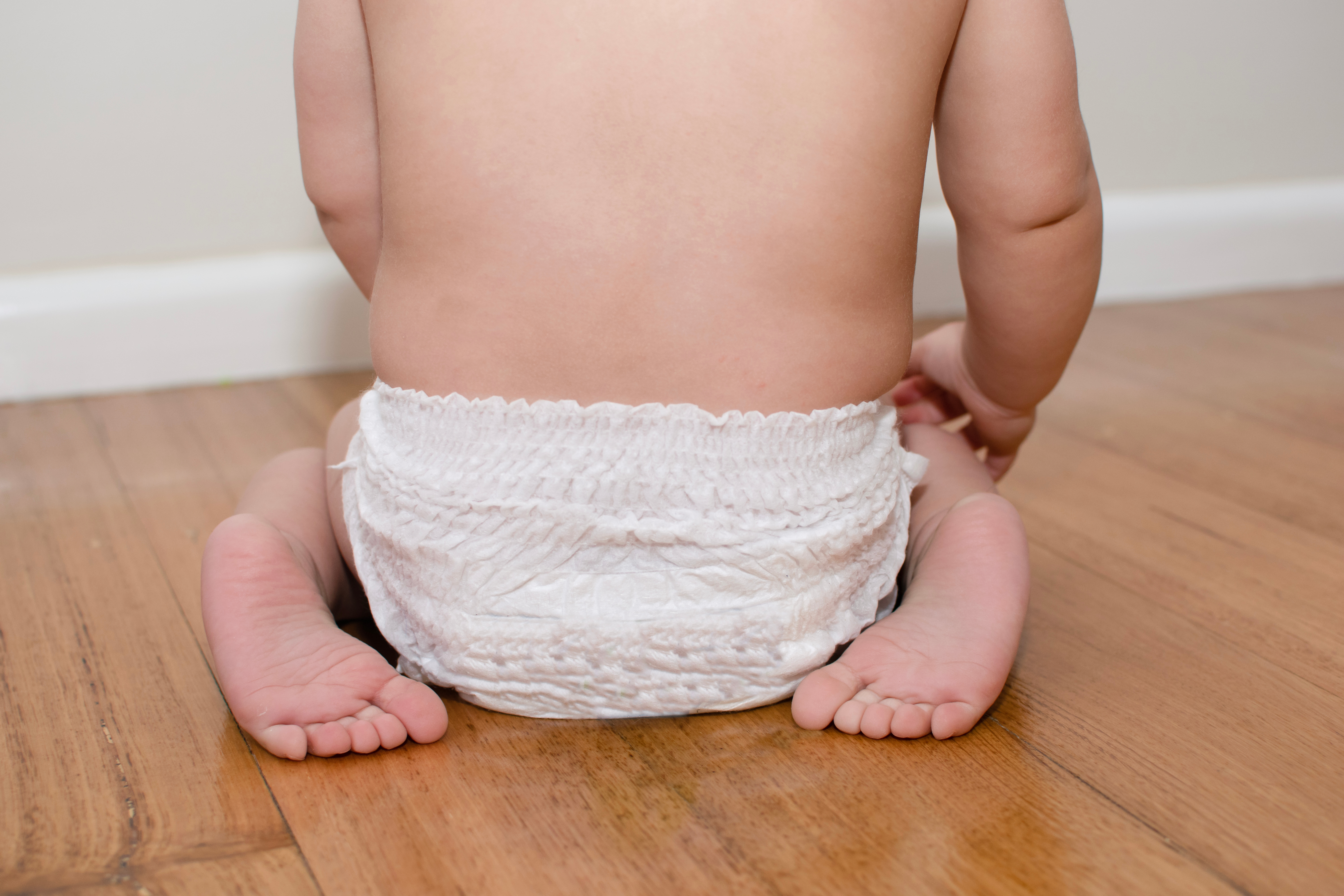Will Baby Poop Bacteria Become the New Probiotic?

Get the world’s most fascinating discoveries delivered straight to your inbox.
You are now subscribed
Your newsletter sign-up was successful
Want to add more newsletters?

Delivered Daily
Daily Newsletter
Sign up for the latest discoveries, groundbreaking research and fascinating breakthroughs that impact you and the wider world direct to your inbox.

Once a week
Life's Little Mysteries
Feed your curiosity with an exclusive mystery every week, solved with science and delivered direct to your inbox before it's seen anywhere else.

Once a week
How It Works
Sign up to our free science & technology newsletter for your weekly fix of fascinating articles, quick quizzes, amazing images, and more

Delivered daily
Space.com Newsletter
Breaking space news, the latest updates on rocket launches, skywatching events and more!

Once a month
Watch This Space
Sign up to our monthly entertainment newsletter to keep up with all our coverage of the latest sci-fi and space movies, tv shows, games and books.

Once a week
Night Sky This Week
Discover this week's must-see night sky events, moon phases, and stunning astrophotos. Sign up for our skywatching newsletter and explore the universe with us!
Join the club
Get full access to premium articles, exclusive features and a growing list of member rewards.
Could the key to better gut health reside in a probiotic cocktail brewed from the contents of an infant's dirty diaper?
That's the question driving a new line of research investigating the power of baby poop as a potential source of microbes that could contribute to healthier digestion. And experiments recently showed that certain types of bacteria extracted from baby feces could promote the production of short-chain fatty acids (SCFA) in mice, and in a medium simulating the human gut.
SCFA molecules are a subset of fatty acids that are churned out by some types of gut microbes during the fermentation of fiber. They're associated with maintaining gut health and protecting against disease, so a probiotic containing baby-poop microbes could provide health benefits by boosting SCFA production in a compromised digestive system, researchers reported in the new study. [5 Ways Gut Bacteria Affect Your Health]
"Short-chain fatty acids are a key component of good gut health," lead study author Hariom Yadav, an assistant professor of molecular medicine at Wake Forest School of Medicine, said in a statement. "People with diabetes, obesity, autoimmune disorders and cancers frequently have fewer short-chain fatty acids. Increasing them may be helpful in maintaining or even restoring a normal gut environment, and hopefully, improving health," Yadav said.
Fecal microbiota transplants (FMT), or "poop transplants," can treat a type of gut disorder with an infusion of diverse bacteria from a healthy digestive system, distilled from a donor's poop. This helps to correct imbalances of microbial diversity when the gut microbiome is dominated by the bacteria Clostridium difficile (C. diff), which can lead to serious gut disorders.
Previous studies have investigated the use of probiotics — those healthy gut bacteria — by testing their impact in guts already affected by disease, the researchers wrote in the study. For the new investigation, they wanted to see how a probiotic would impact SCFA production in a healthy gut. They chose to work with baby poop because infants' gut microbiomes are typically free from age-related diseases "such as diabetes and cancer," and because of the sheer abundance of infant feces at their disposal. ("Their poop is readily available," Yadav said.)
In the small, new study, the researchers isolated 10 bacterial strains — five species of Lactobacillus bacteria, and five species of Enterococcus — in samples from 34 babies, identifying the strains as good candidates for crafting a probiotic cocktail of microbes that could survive in a human host's gut and stimulate SCFA production, according to the study.
Get the world’s most fascinating discoveries delivered straight to your inbox.
They then tested different doses of the 10-bacterial probiotic blend in mice, as well as in a slurry of human feces meant to mimic the environment of a human digestive system. The scientists found that even single doses maintained the healthy microbial balance and increased SCFA production in both the mice and the feces medium, the researchers reported.
"This work provides evidence that these human-origin probiotics could be exploited as [treatments] for human diseases associated with gut microbiome imbalance and decreased SCFA production in the gut," Yadav said.
Still, much more research is needed before you'll find baby-poop probiotics on the shelves of your health-food stores.
"Our data should be useful for future studies aimed at investigating the influence of probiotics on human microbiome, metabolism and associated diseases," Yadav said.
The findings were published online Aug. 23 in the journal Scientific Reports.

Mindy Weisberger is a science journalist and author of "Rise of the Zombie Bugs: The Surprising Science of Parasitic Mind-Control" (Hopkins Press). She formerly edited for Scholastic and was a channel editor and senior writer for Live Science. She has reported on general science, covering climate change, paleontology, biology and space. Mindy studied film at Columbia University; prior to LS, she produced, wrote and directed media for the American Museum of Natural History in NYC. Her videos about dinosaurs, astrophysics, biodiversity and evolution appear in museums and science centers worldwide, earning awards such as the CINE Golden Eagle and the Communicator Award of Excellence. Her writing has also appeared in Scientific American, The Washington Post, How It Works Magazine and CNN.
 Live Science Plus
Live Science Plus










